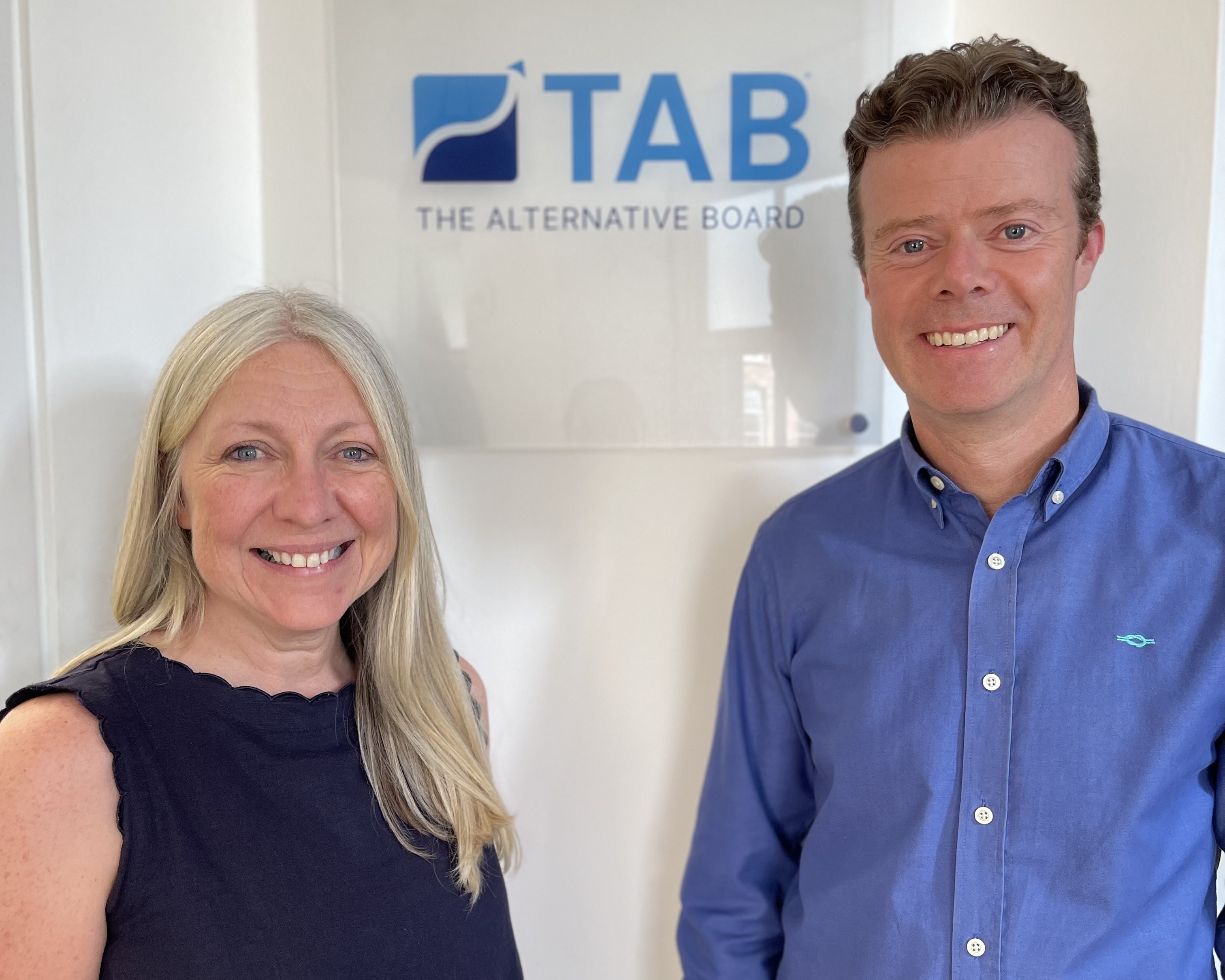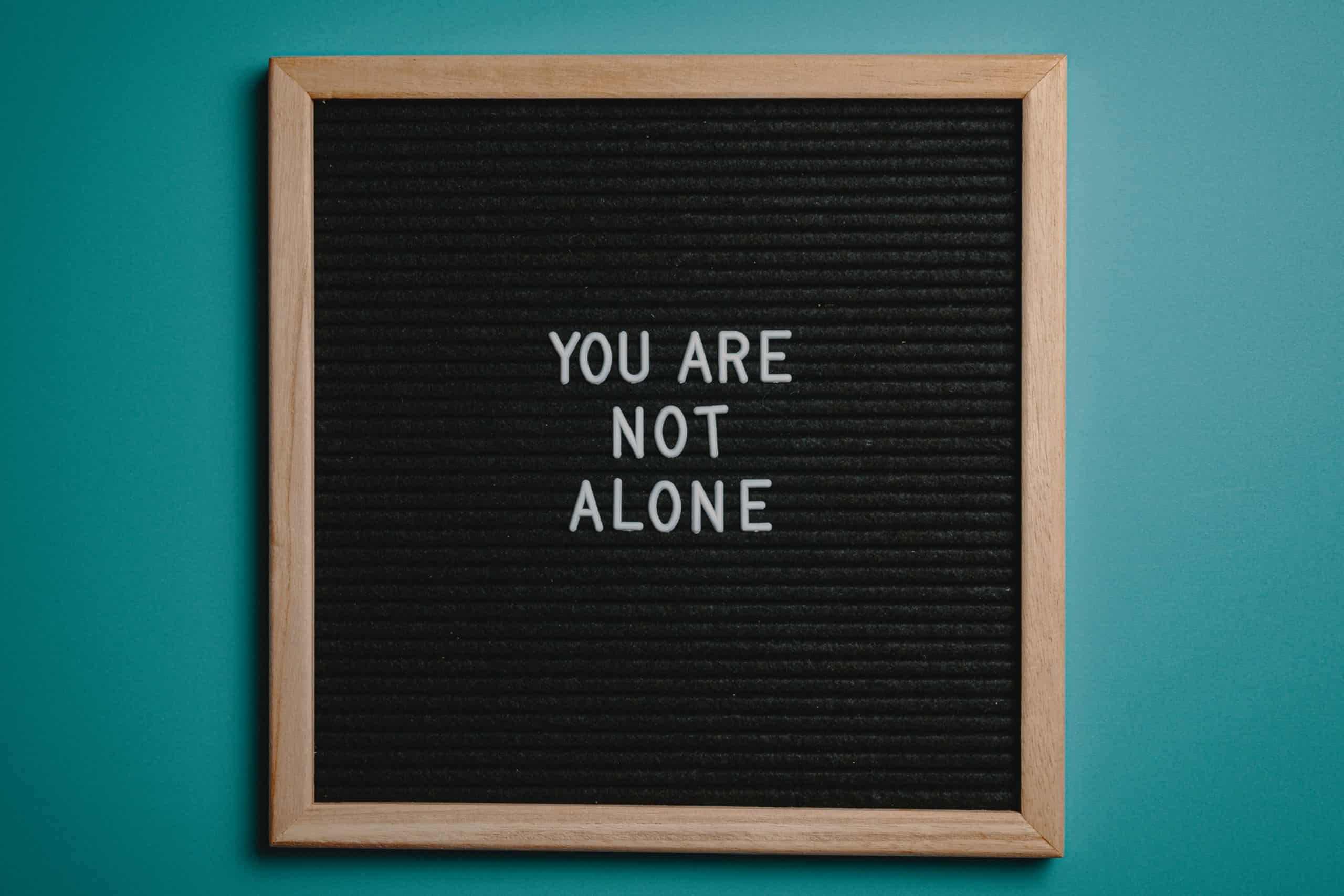What do I mean by that? Simply that the vast majority of TAB members have – at some point in their business careers – failed. It may have been a new idea, a new direction for the company, an acquisition, a new market…
It may even have been the whole company.
Whatever it was, it failed. It hurt – and it probably cost a lot of money.
But the authors of those ‘failures’ now sit around the TAB UK tables, successful by any conventional definition of the word. Why? Because they realised that it was fine to fail. They realised that failure was simply a learning experience – as Churchill famously said, ‘Success is not final, failure is not fatal: it is the courage to continue that counts.’
But we all know that lesson. Failure isn’t failure, it’s just a learning experience: we’ve all heard it before.
So let’s try and widen the debate a little. Last week I read an article in City AM about young entrepreneurs – or, more correctly, potential entrepreneurs.
It’s not just the proverbial policeman: there’s no question that entrepreneurs in the UK are getting younger. The traditional path that most of us followed – graduate, work your way up the corporate ladder and then have your light bulb moment – is becoming less relevant.
Today it’s graduate, start a business (or don’t-even-bother-graduating, start a business). That ‘career path’ is becoming more and more common. And unsurprisingly, the UK is attracting record amounts of tech investment, especially from the US and Asia.
But it could be even better.
The article in City AM quotes the Entrepreneurs Network, and the attitude of British 14 to 25 year olds to starting their own business.
85% said they had thought about starting a business, had started one already or would be open to the idea. But more than two-thirds cited fear of failure as a barrier that would stop them moving forward with their entrepreneurial ambitions.
Two-thirds? That is a depressingly high number by any measure.
Now we all know that being an entrepreneur is hard. There are plenty of long hours, plenty of worries and – above all – the loneliness that comes with knowing that it’s you that makes the final decision.
But would a single member of TAB UK change that? Would a single member of TAB anywhere in the world say, ‘I’ve had enough’ and go back to the corporate world? I very much doubt it.
Because hard as being an entrepreneur is, it is also exhilarating, exciting, challenging and immensely rewarding.
And that’s a message we need to spread. Maybe it’s because my two sons are now both within the age-range of that survey, but I increasingly find myself thinking that older entrepreneurs need to get out there and tell their story. As it says in the article:
If more young people were aware of business owners in their own neighbourhoods, or if more entrepreneurs visited schools and colleges, the next generation could find themselves being inspired by examples that are closer to home.
…And a key part of telling those stories will be saying, ‘This didn’t work. We tried it, we thought it would work, but we were wrong. But we learned from our mistakes and the second time we got it right.’
The problem is, our education system doesn’t encourage making mistakes. I see Dan and Rory approaching important exams – followed by very important exams – and the whole focus is ‘whatever you do, get the grades.’ Now of course I want my children to do well. All parents do. But I do worry that we have a 20th Century education system preparing our kids for a 21st Century business world.
After all, the model for many start-ups is now not ‘ready, aim, fire’ but ‘ready, fire, aim.’ The vast majority of start-ups do not need a factory, plant and investment in machinery. Laptops, a collaborative working app and regular supplies of coffee will do just fine.
The financial cost of getting it wrong is much less than it was – but it seems that the psychological cost is still the same.
That, I think, is where companies like TAB UK – and our members – can make a real contribution.
Let’s get out into the world and tell our stories of failure – especially to young people. Let’s make them aware that failure is very definitely not fatal. That it’s fine to fail – and that very often, failure is just a stepping stone on the road to success. Let’s make sure we give young entrepreneurs the ‘courage to continue…’









